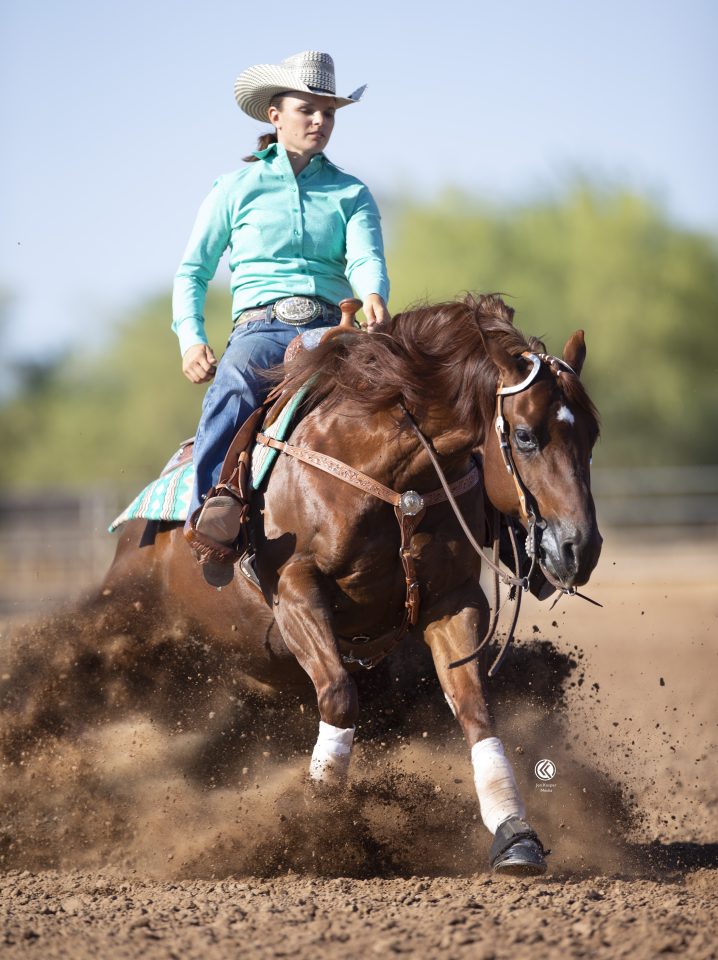Learn more about the recipients of these awards—chosen by their peers—and how they’ve built their careers to this level.
By Jennifer Paulson
Every year, NRHA offers the opportunity for NRHA Professionals to recognize their peers in various categories that demonstrate their commitment to the industry they help make a thriving sport. Affiliates nominate individuals, the Professionals Committee vets them, and then you, the NRHA Professionals, vote for those who’ll receive the esteemed honor.
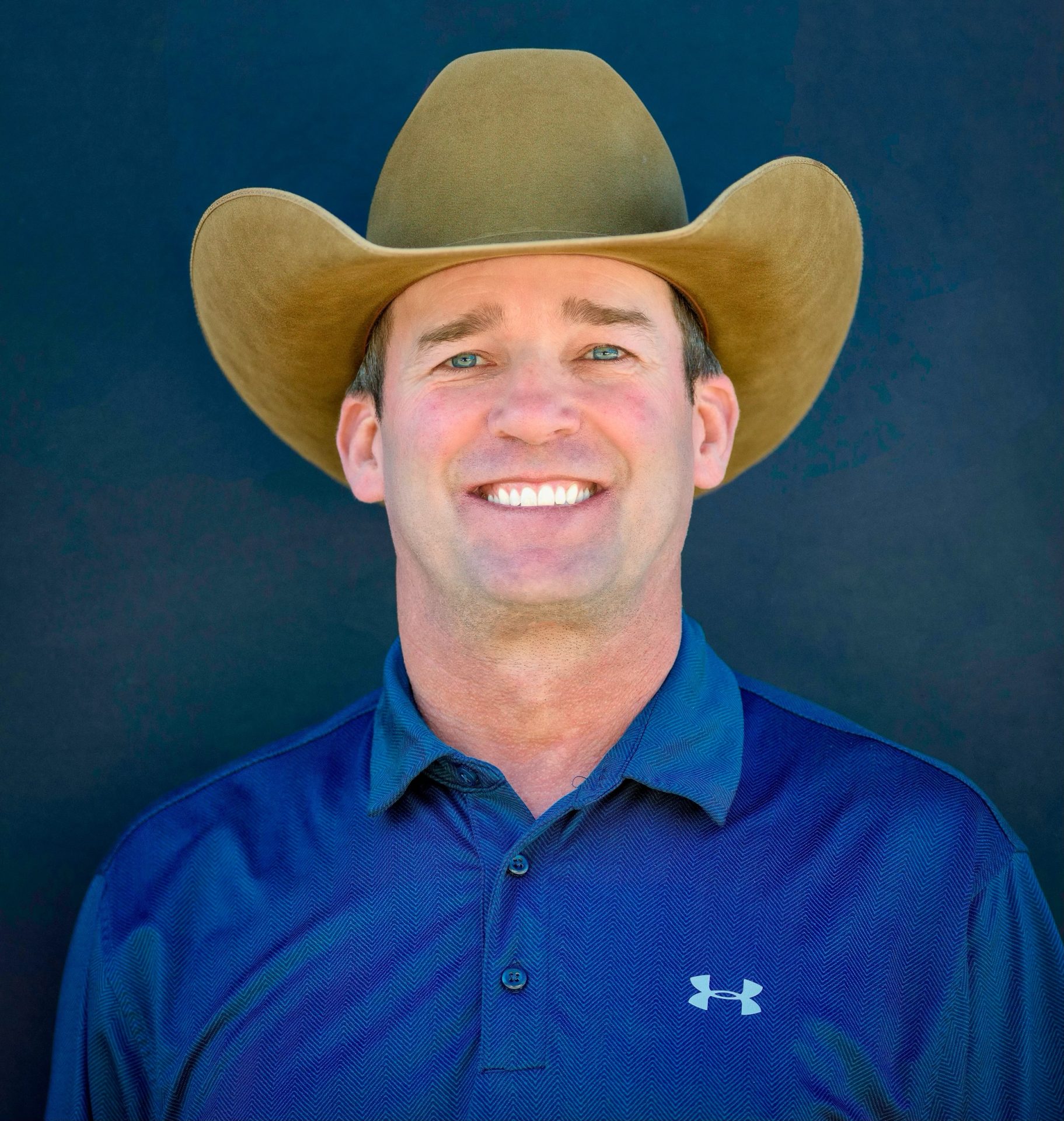
Horseman of the Year: Brian Bell
Hometown: Valley View, Texas
What does it mean to receive this award: I think it’s pretty cool because the pros vote on it; my own people who I compete against thought I should receive it. When I was a kid starting out in reining, I thought I’d train horses and have a good time. I didn’t understand that I’d have to be a businessman and talk to people and do clinics and all that. I was riding and showing as a non pro and went to Congress and won the non pro futurity. Brett Stone was a judge and called me a week later to offer me a job. I knew how to train my own horses, but I hadn’t thought about doing it professionally. I knew I could show, and he could teach me the rest. I was with Brett for six years, when John Slack and Todd Bergen were at his place. I got to ride with three guys who had three different programs. A lot of what I do is a piece of each one of them. I started learning about the business form them. I didn’t know how to talk to customers and all that. Brett had me go with him to show people yearlings. By the time I did that a few times, Brett would just send me. I knew their pedigrees and all that as good as he did. He made me learn to talk to people about buying and selling horses, which is a big part of our business, and then I went on my own.
Where do you find fulfillment in your career: I love to show. I love it as much as I have ever loved it; I’m not tired of it at all. I also love to help these non pros go show and win. It’s a really big thing for me. If you took the showing away, I’d be less interested in this as a business. When it all comes together and works…it’s so hard to do and fulfilling when you get there. I love the anticipation and the crowd—t he bigger the crowd or more pressure, the better. It’s funny that I do because I was a very shy kid. The horses taught me to be confident. I had to learn to speak in front of clinics and show in front of 12,000 fans. Some of my high school teachers would be surprised at how well it’s gone for me.
What’s the hardest lesson you’ve learned: I think when I left Brett’s place too soon. It was one of the dumbest things I did. At the time there was only Open, Intermediate Open, and Limited Open. I had won enough to just be Open. I thought I had to hurry to get out on my own. Their “leftover” horses were so much better than what I got when I was first on my own.
What’s your best advice for the next generation: Live within your means. All these young trainers go and get started and buy a new fancy rig. That’s a $175,0000 investment and you might have four horses in training. You have to figure out how to make money to make those payments. Take your time; wait until you have horses to fill the trailer every time. Learn the business and costs of board and managing help. If you’re paying all this interest on trucks, trailers, properties—you’re not making any money. Drive your truck until you can buy a new one outright. Those payments add up. Admit that you’re just getting started. Don’t get ahead of yourself.
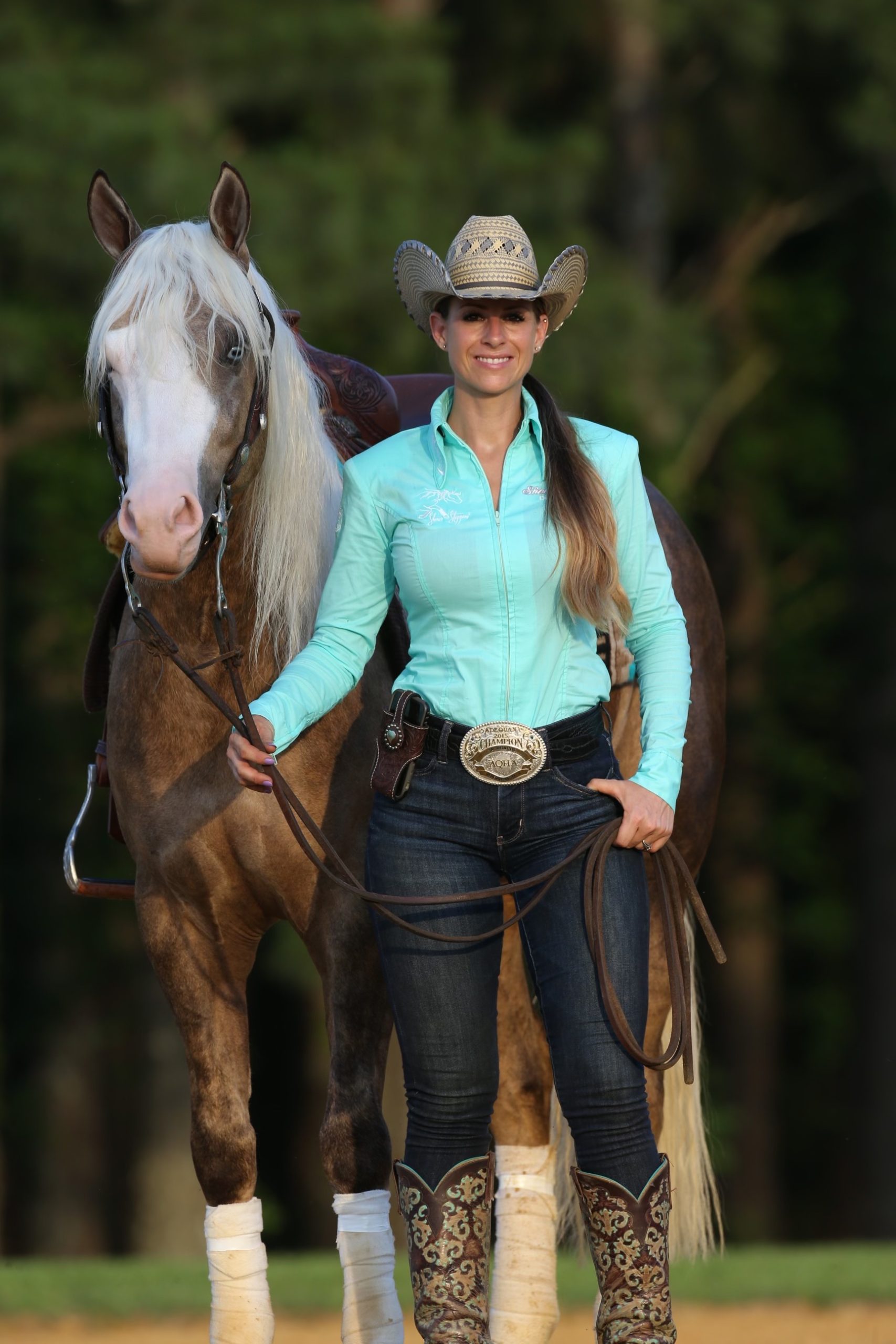
Becky Hanson Horsewoman of the Year: Josiane Gauthier
Hometown: Lucama, North Carolina
What does it mean to you to receive this award: Becky Hanson was an amazing woman. I knew her a little—I followed her story, and that makes this award extra special. She was such a wonderful woman and so strong. Her story spoke to me and is inspiring. Additionally, I feel like awards like these help validate all the time and effort we put into our careers. Training and showing horses have been my lifestyle forever, and it’s all we do. We work so hard. Getting this award makes me feel like that work is being recognized. The outpour of love and messages is overwhelming. You work so hard, and the highs and lows are so hard. To be appreciated like that is so helpful.
Where do you find fulfillment in your career: I find it different places. One is helping people. Finding people who’ve always dreamed of riding and competing, and they get to know me and decide to step forward and take lessons or make a call to come watch—that’s a special thing. Helping them achieve their dreams that they might’ve tabled is great. Helping them find a horse and success—I get a lot of fulfillment from that. When I help someone ride again, that helps me stay motivated. I’m also really motivated by horses that I connect with. Finding the specific horse and developing him to the best of his ability and then letting him be the best he can be, bringing it out, is fulfilling. That’s my goal: happy healthy horses that are the best they can be.
What’s the hardest lesson you’ve learned: When things end, you have to learn to let it go. People come and go in our business, and so do their horses. We put so much heart into each horse and have goals and dreams for them. It’s all wrapped around emotions. We’re competitors but do it for the love of the horse. When people come and go, it can be hard for me to be OK with it. I know I can’t understand why it happened, just that it will happen. You still have to be professional and do your best. We put so much heart into it and take it very personally when a horse leaves. When it’s close to your heart, it’s hard. We have to remember that when a door closes, another opens. I know it’s always for the best, but maybe it doesn’t feel that way in the moment. It’s so hard to replace and bond with another horse, but we find a way.
What’s your best advice for the next generation: Find mentors who you look up to. Build a good reputation by working hard and having a good work ethic. Be a good horseman first and foremost. Stick to a program for many years to where you get to learn all aspects of the business before going on your own too early. As a young trainer, it might look so great to own your own business, but it’s so much. A good mentor with a good business can teach you a lot before you go out on your own.
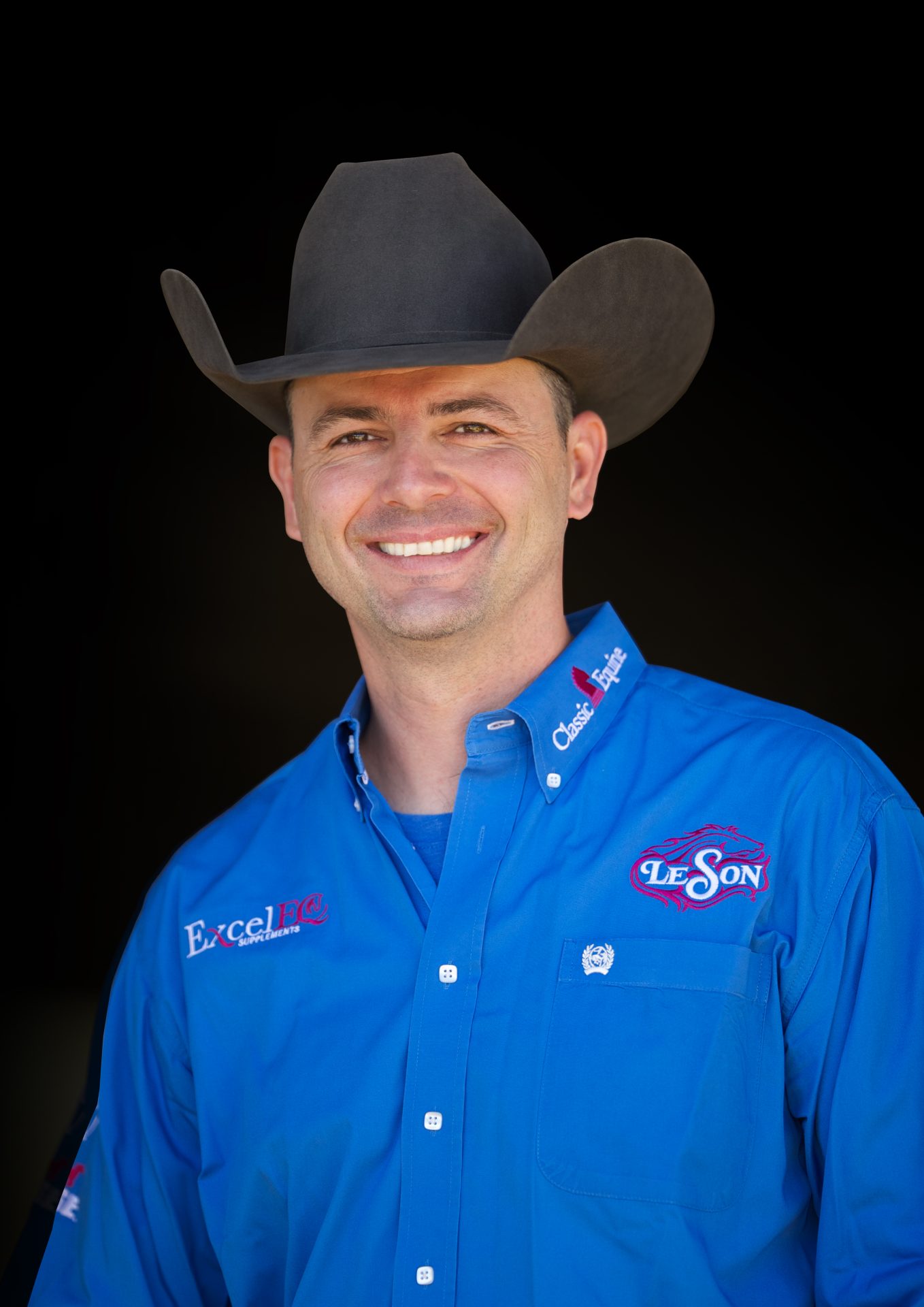
Non Pro Coach of the Year: Martin Muehlstaetter
Hometown: Scottsdale, Arizona
What does it mean to you to receive this award: Becky I feel honored and thankful for all my non pro clients. Without them I wouldn’t get the award. Non pros make up 1/3 or so of my program, so it’s a big part of what we do.
Where do you find fulfillment in your career: I always enjoy trying to get the most done with the horse/rider combination. I want to find the right horse for each rider. With the right combination, you get to see them make the finals and the joy that feeling. It’s their hobby and they do this for fun, so the emotional roller coaster can be a lot. I feel like training the horses is the easier part. Getting the right combination of horse and rider is challenging and fulfilling.
What’s the hardest lesson you’ve learned: It can be hard to make the call when a horse doesn’t fit the rider, but it’s a necessary conversation. No one goes to the big events to be in second place.What’s your best advice for the next generation: Spend as much time as you can as an apprentice. I was an apprentice in Europe for three years. I did another seven years in the U.S. before I went out on my own. The time you invest will pay off if you stay in one program or go to a few and will help you learn all aspects of the business. A lot of people head out on their own too early. They don’t get taken seriously. They don’t have the experience to deal with customers. They might be able to train horses, but they must also run a business. It’s something young trainers must understand to be successful.
Up-and-Coming Trainer of the Year: Luca Fappani
What does it mean to you to receive this award: It means a lot. Going into the year, there were many unknowns: what horses I’d show, how I’d do in a new program, moving from my dad [Andrea Fappani] to Casey Deary’s operation; people weren’t sure of it. I’m so thankful it worked out the way it did. Casey was so generous, giving me great horses to ride and show; I’m so thankful. Without what I learned from Casey, I couldn’t have that success that I did. Looking back, I’m very thankful for God’s plan.
Where do you find fulfillment in your career: I find the joy in going through the struggle. In horse training, it’s up and down all the time, no matter who you are. When your horses aren’t riding their best, and you’re in a valley in your training, and then you go to a show and work through it and achieve success—that’s huge. The rewards help you feel accomplished, and know you go through it all and get closer to the peak is worth it. Without the valleys, you don’t appreciate the success. Obviously, with my dad I could watch what he goes through; but going through a year of showing with another top trainer and seeing that everyone has this same situation was helpful to me. The best trainers keep their heads on straight and get through it.
What’s the hardest lesson you’ve learned: The hardest principle of this business is that you see those great trainers and all the victories and the money and the glory. What you don’t’ see is all the horses that they had blocks with. The horses they couldn’t figure out or that don’t fit your program. Learning that’s inevitable has given me a lot of peace and more confidence in what I’m doing. In watching Casey, his favorite 3-year-old and his best shot [for the 2023 NRHA Futurity] didn’t make the semifinals. To watch the trainer who’s been at the top for the last few years have his best horse run into tough luck and work through that is admirable. That’s the lesson I’ve taken away from this year. Those scenarios come no matter how hard you try.
What’s your best advice for the next generation: Really dive in on training the young horses. I started showing when I was 11. Until I was 16 or 17, I hadn’t started a 2-year-old. Once you have those skills and understand the older horses and can show, dive into those 2-year-olds as soon as possible. I had a huge learning curve the first time I did it. I thought it would be easier, and I messed up a lot. I learned a lot from that horse and found my feel. Riding young horses tells you what kind of horse trainer you are. Showing is important, but growing as a horseman and horse trainer is the most important thing. Hold yourself accountable because it’s a whole different game.
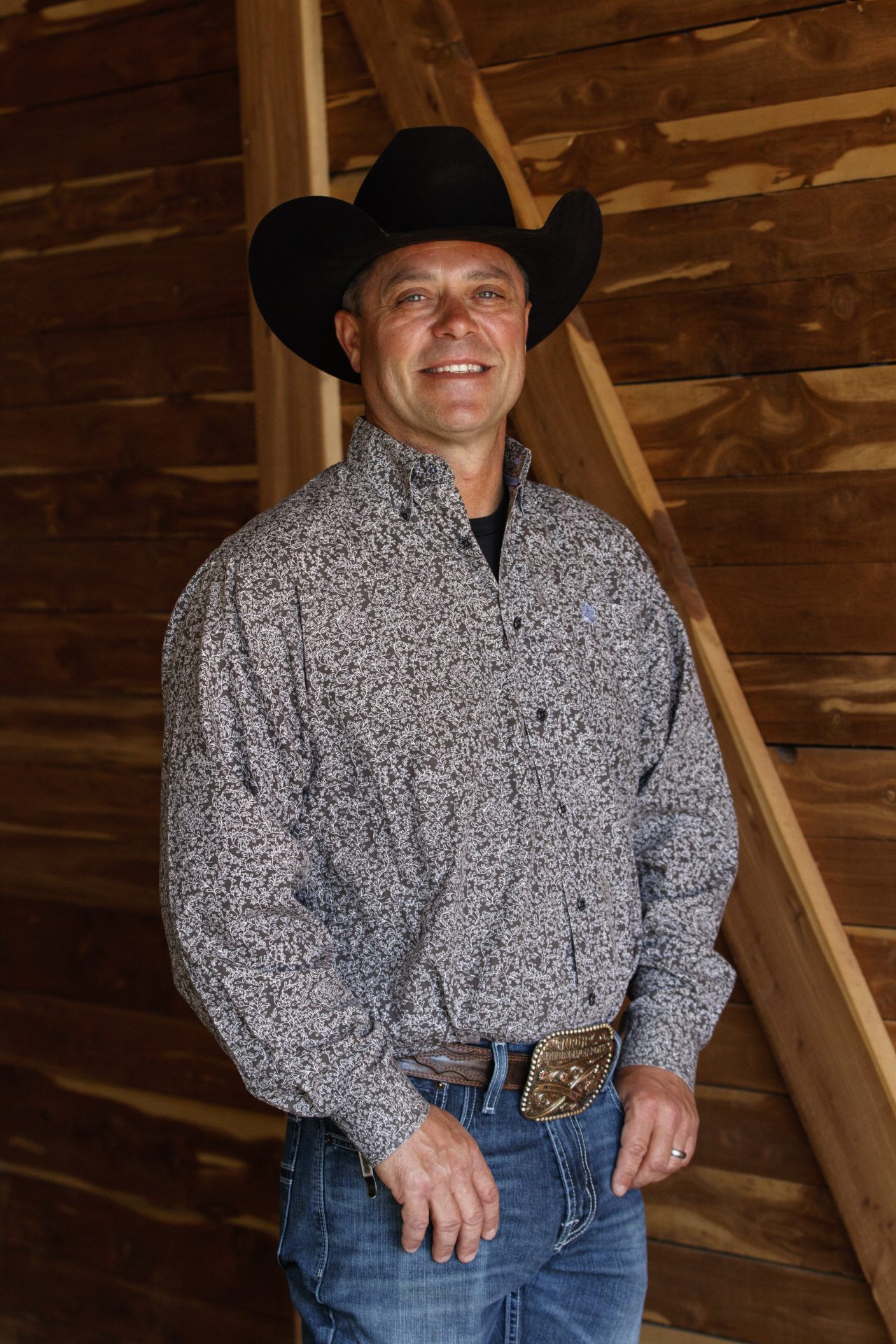
Youth Coach of the Year: Matt Flarida
Hometown: Purcell, Oklahoma
What does it mean to you to receive this award: It’s humbling because it’s voted on by my peers. For me, it’s getting recognized not only for me but also the kids I coach who’ve made a commitment their horses, and I’ve made a commitment to them. I’ve been hauling two youth kids the last few years. It’s been a learning curve for me and for them. We don’t have kids, so I’m learning that they’re different generationally and in their mindset. I only keep 10–12 horses in training, so I try to be very well balanced as far as having a little bit of everything around me, from 3-year-olds to non pros to youth riders. It keeps me more grounded. I do a little of everything. I try to give back. I do a lot of lessons. I want to give back to the industry.
Where do you find fulfillment in your career: I’m very competitive by nature, so to go to the barn every morning and strive for perfection—whether it’s maneuvers or giving top-notch care to my horses or hanging a bridle correctly. I tell the kids all the time: How you do anything is how you do everything. The small things lead to the big things. Trying to be better and closer to perfection every day and getting better and communicating with horses better is fulfilling.
What’s the hardest lesson you’ve learned: The most important thing in business is knowing who you are. Working with your strengths and not focusing on weaknesses. In the past, I focused on weakness, and it got me off the path I wanted to be on. I’ve learned not to do that. Focus on your strengths and stay on your path. Don’t get off track.
What’s your best advice for the next generation: Give everybody an opportunity. You never know what the future holds. I’ve had so many people that started out as lesson clients who ended up buying themselves a horse and then buying me a horse, too. You never know. Give everyone an opportunity.


